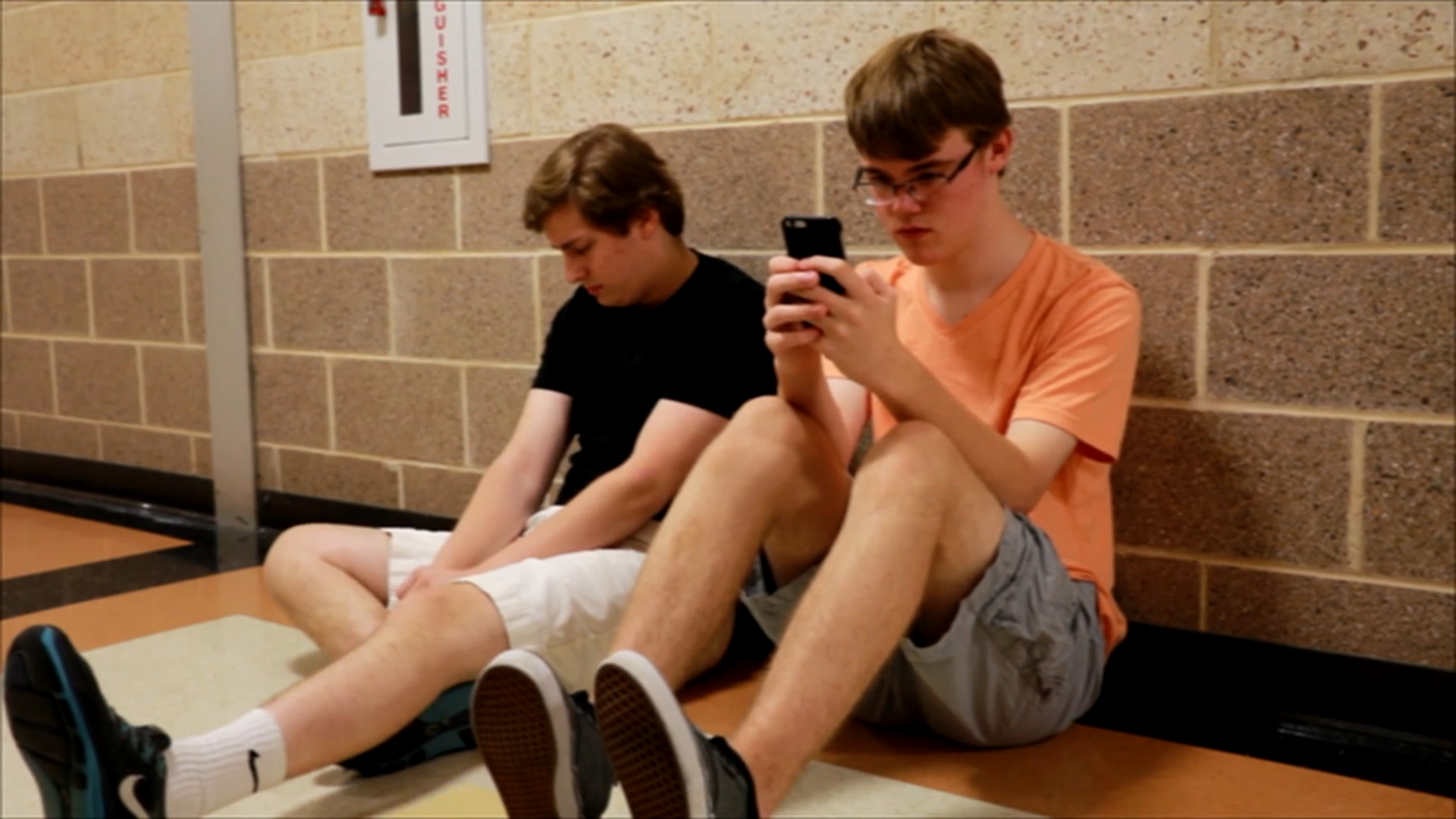
Introduction
Rejection is an inevitable part of life, and learning how to handle it is a crucial skill for children to develop. As an educator, you can help your elementary students learn to cope with rejection using Social-Emotional Learning principles. This blog post will provide an overview of an easy-to-implement, no-prep activity, discussion questions, and related skills to help you teach this important life lesson.
No-Prep Activity: The Rejection Role-Play
This activity requires no preparation or materials and is designed to help students understand and cope with rejection. Have your students partner up and take turns role-playing scenarios where one person experiences rejection. These scenarios could include not being picked for a team, not receiving an invitation to a party, or being turned down for a playdate. Encourage the “rejected” student to practice using positive self-talk, finding alternative activities, and seeking support from other friends. After each role-play, discuss the students’ experiences and what they learned.
Discussion Questions
- How did you feel when you were rejected in the role-play? How did you handle your emotions?
- What strategies did you use to cope with the rejection? Were they helpful? Why or why not?
- Can you think of a time when you experienced rejection in real life? How did you handle it? What could you have done differently?
- How can we support our friends when they experience rejection? What can we say or do to help them feel better?
- Why is it important to learn how to cope with rejection? How can this skill benefit us in the future?
Related Skills
Teaching students how to handle rejection also helps them develop other valuable skills, such as:
- Resilience: Learning to bounce back from rejection and disappointment builds resilience, which is essential for overcoming challenges and setbacks throughout life.
- Empathy: Understanding the emotions and experiences of others who have been rejected helps students develop empathy and become more compassionate friends and classmates.
- Problem-solving: Finding alternative activities and solutions when faced with rejection encourages students to think creatively and become effective problem solvers.
- Self-awareness: Reflecting on their own reactions and emotions during rejection helps students develop self-awareness and a better understanding of their feelings.
Next Steps
Now that you have a better understanding of how to teach your elementary students to cope with rejection, it’s time to put these strategies into practice. To access more resources and tools to help you incorporate Social-Emotional Learning principles into your classroom, sign up for free samples at Everyday Speech. These materials will provide you with additional strategies and ideas to support your students’ emotional well-being and help them develop essential life skills.

